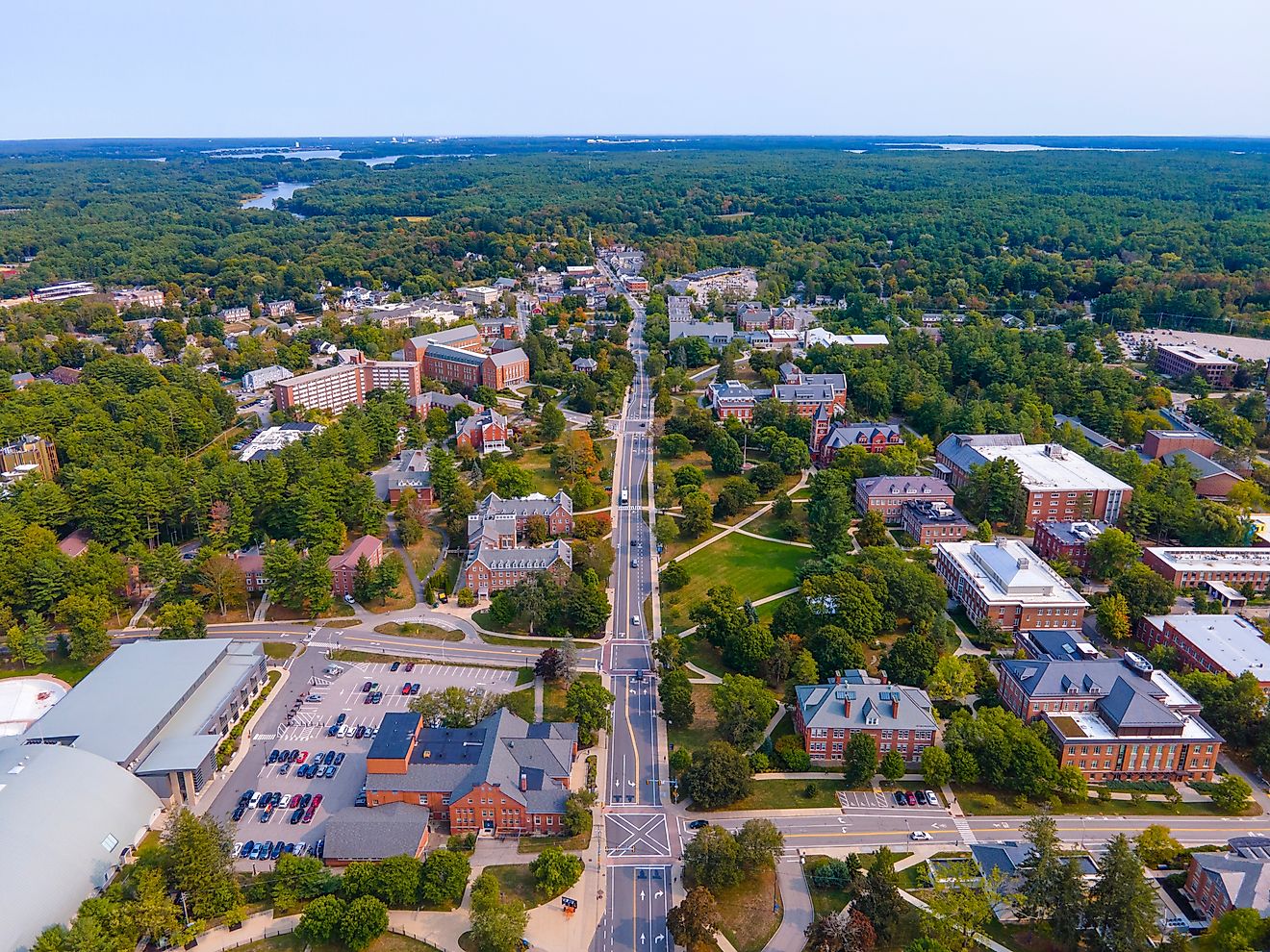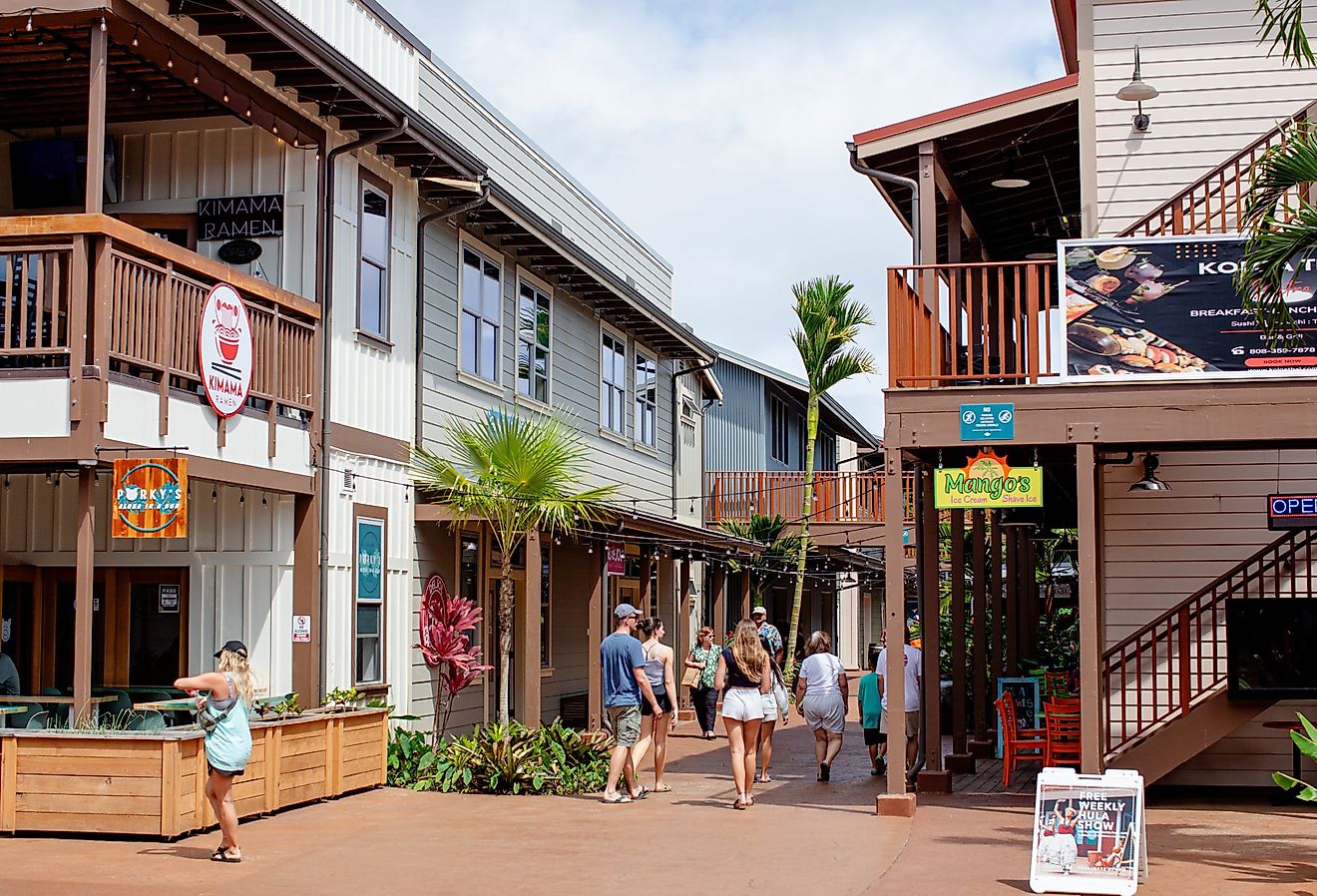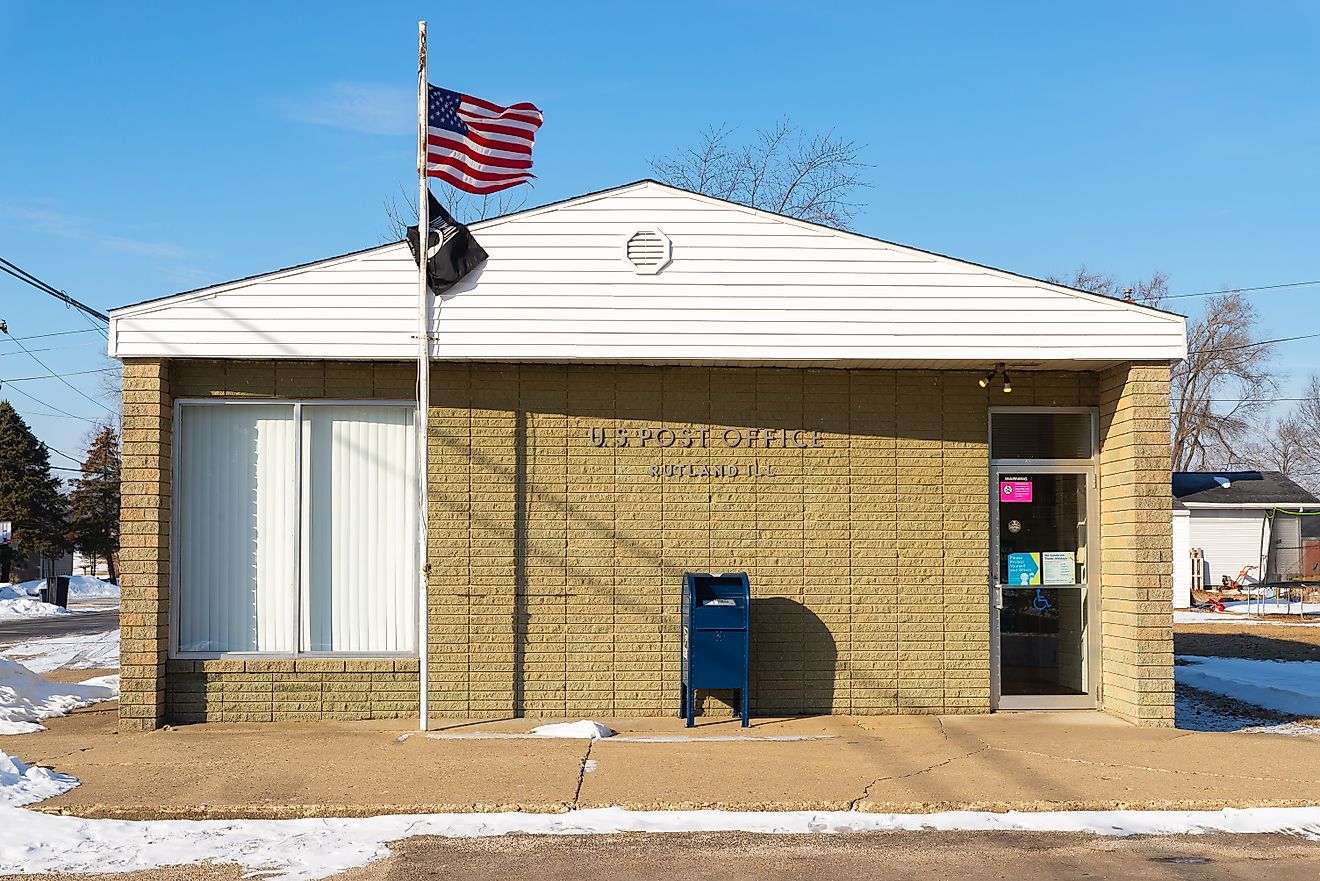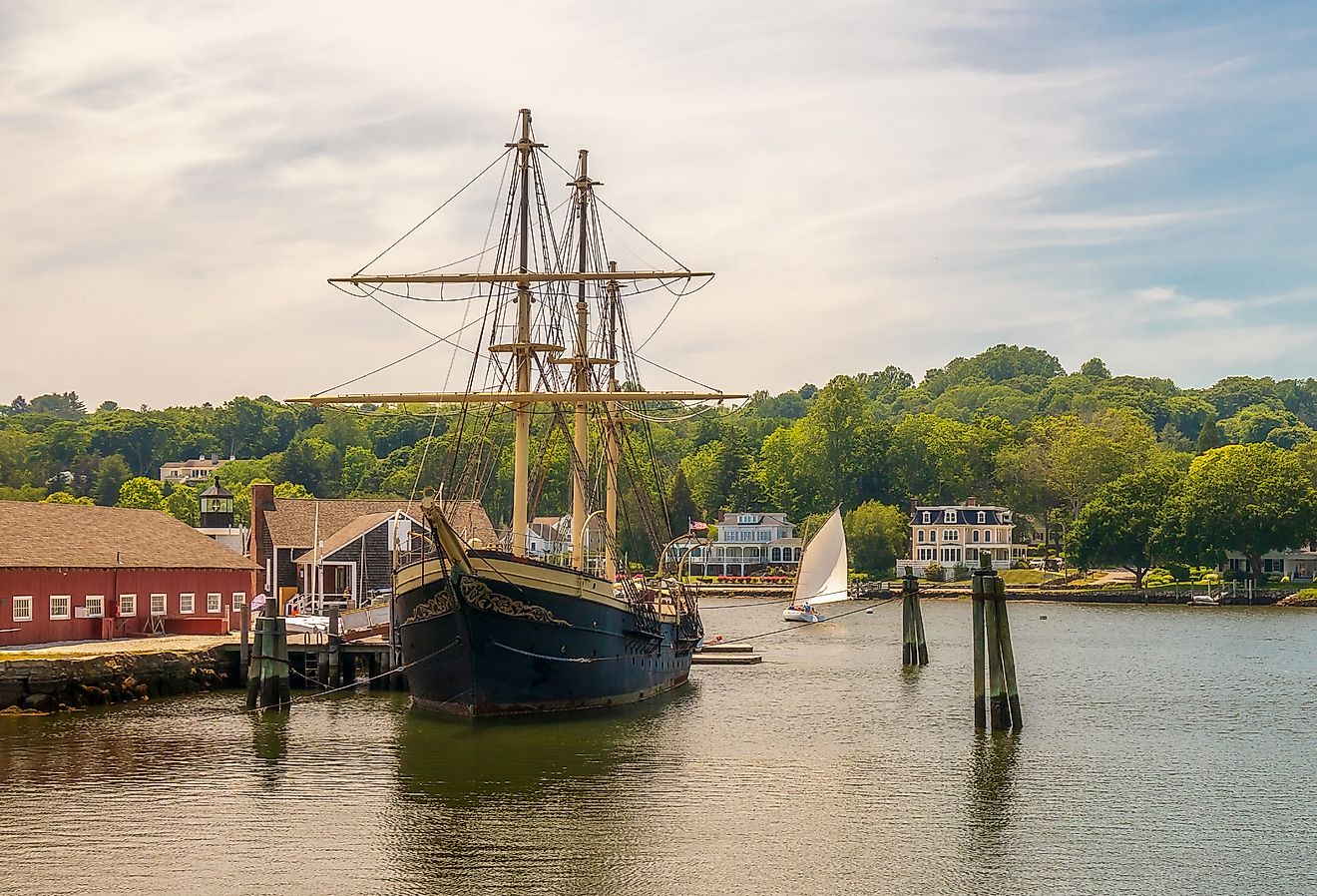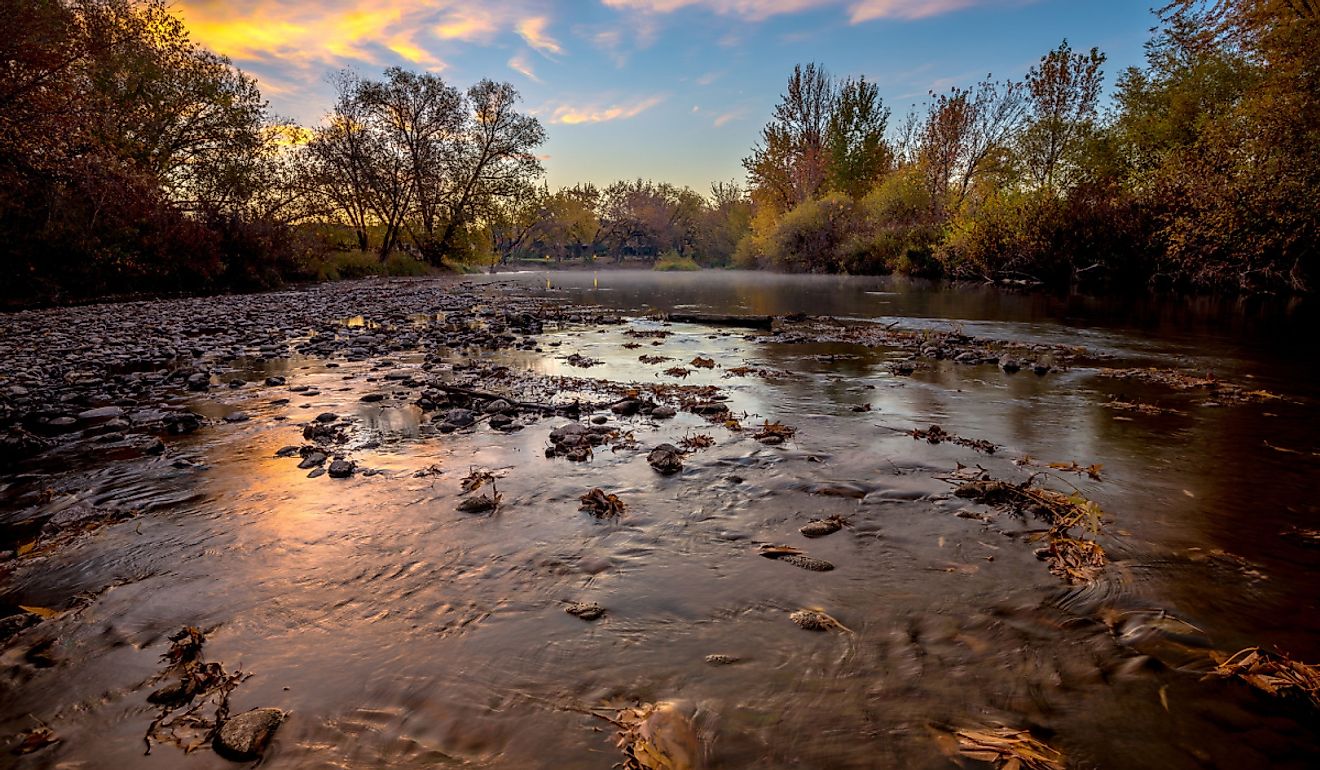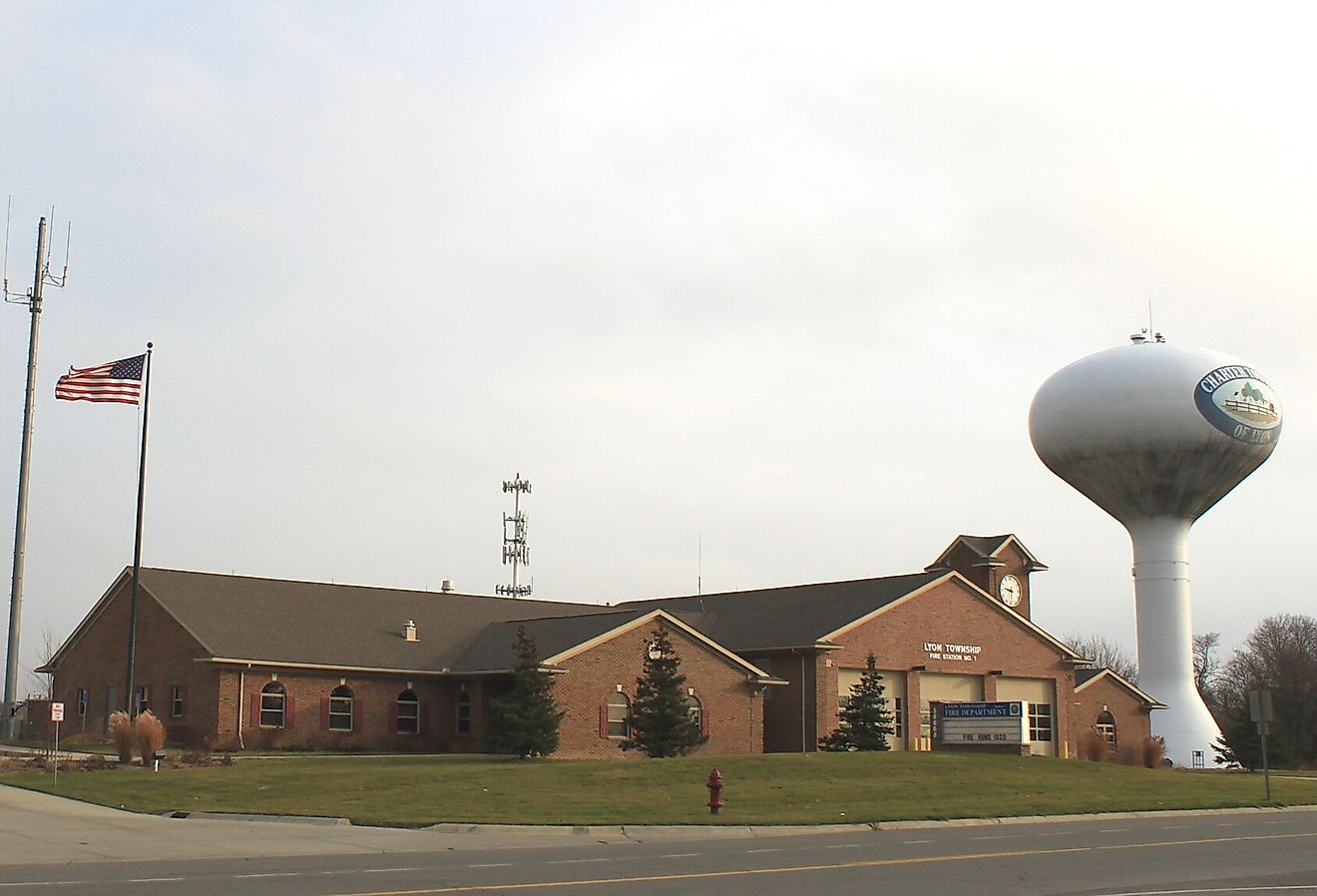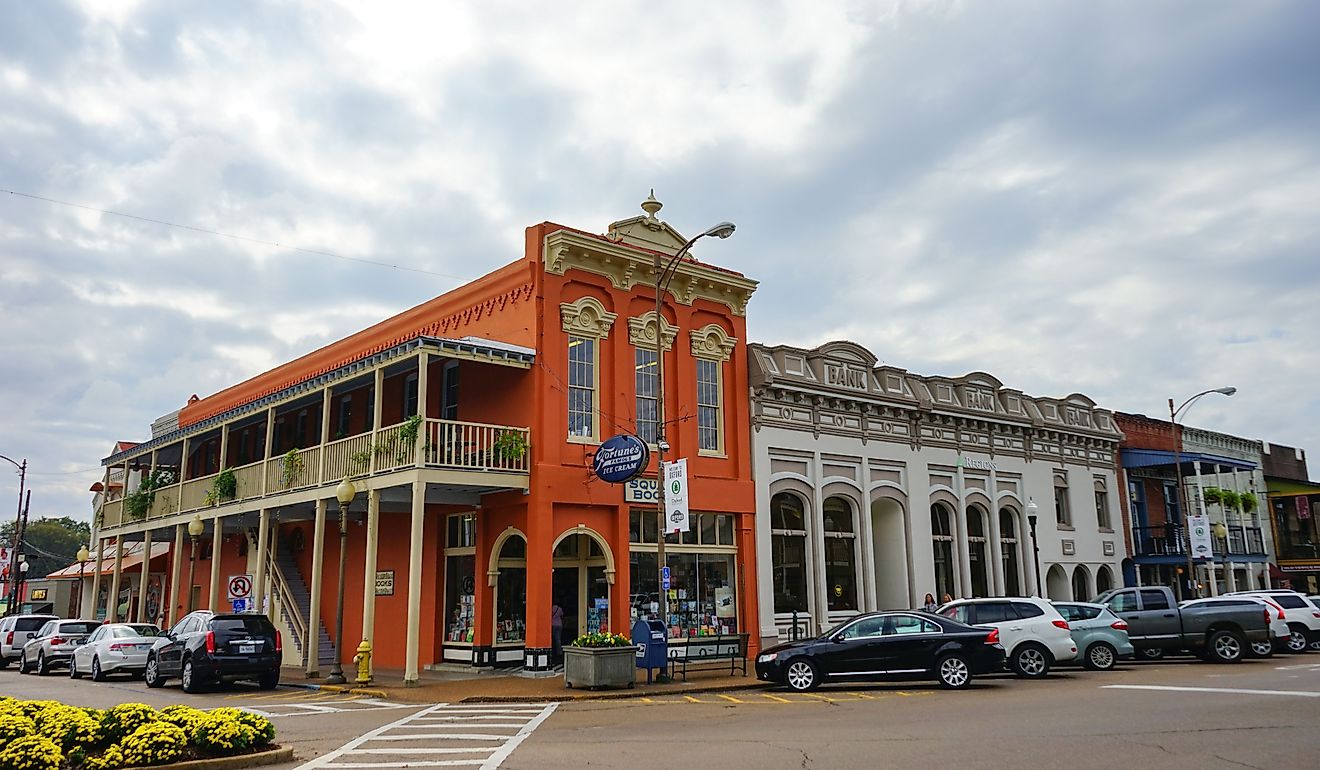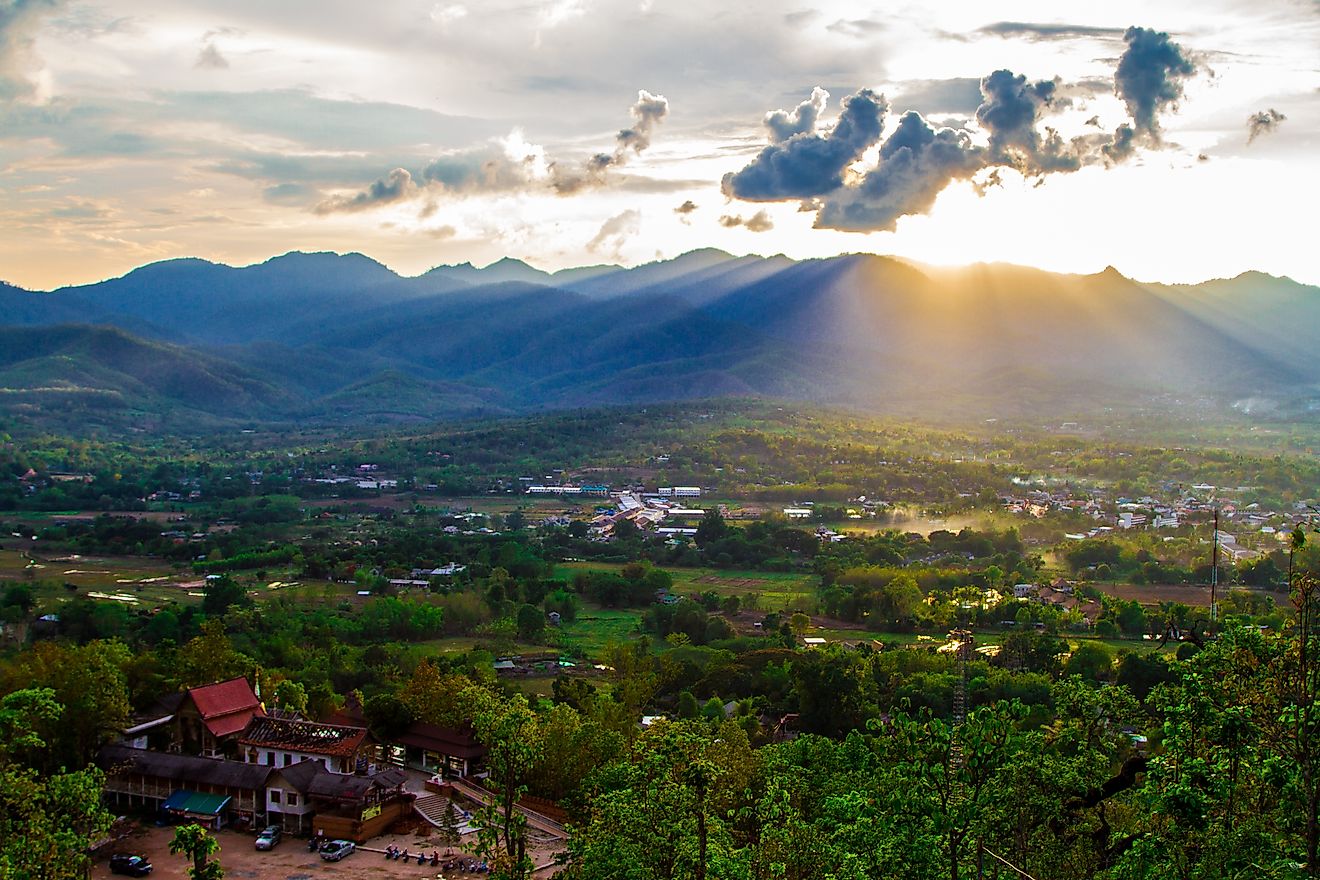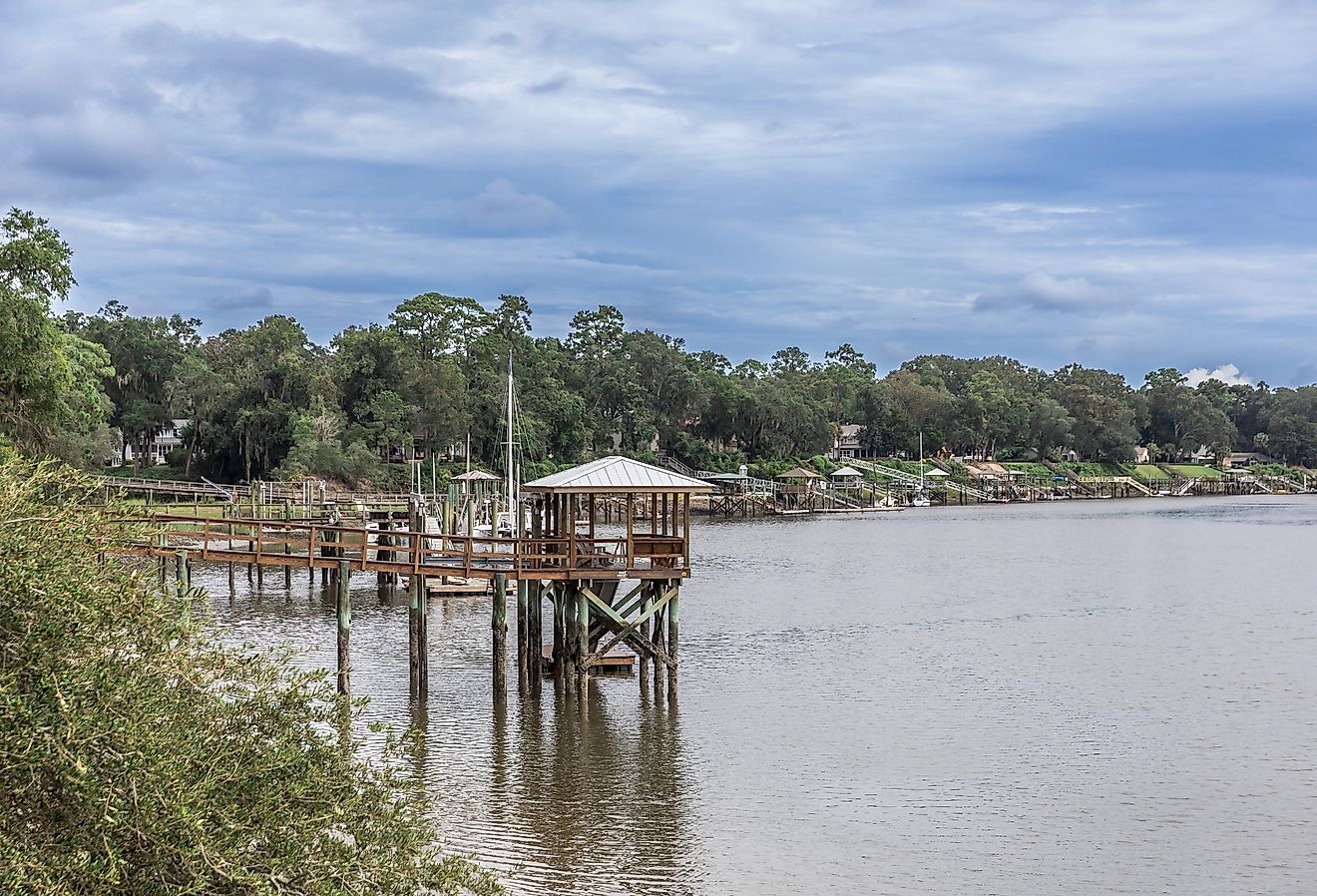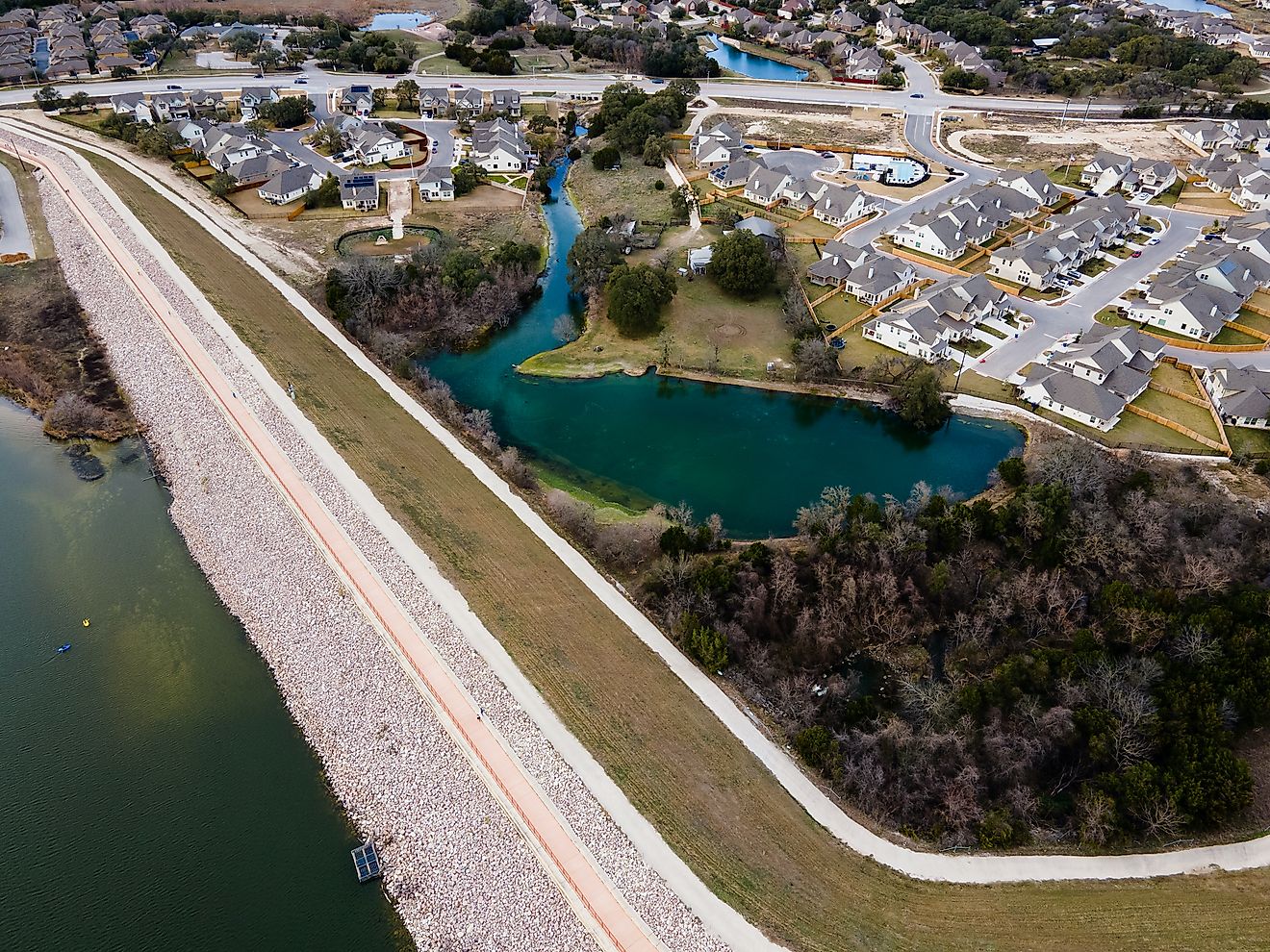What Is The Petrified Forest In Arizona Famous For?

- Petrified Forest National Park is on the border between Apache County and Navajo County in northeastern Arizona.
- Petrified logs are extremely beautiful with most unexpectedly full bright colors
- Formation of petrified trees began over 225 million years ago when volcanic eruptions went through a lush forest. It covered trees in sediment and a chemical reaction to volcanic ash turned logs to stone.
Petrified Forest National Park is the most revered and absolutely exceptional locality for observing petrified wood completely exposed on the surface in a large variety. Gemstone-grade petrified wood is typically rare: this is the spot where it is concentrated in much higher quantities than usual. It is located not far from the Holbrook community in Arizona.
The Petrified Forest National Park
Why is this location special? Mostly because of extremely favorable conditions that allowed to preserve the wood well and then expose it. Around 220 million years ago, this area was covered in a dense tropical coniferous forest. Tropical rains were frequent, and, as the area was on lower ground, the rivers regularly flooded it, bringing in mud and sediment. Huge trees - up to 200 feet tall and 9 feet in diameter - or their broken off branches would fall and eventually buried by the sediment and mud brought in by streams.
The area was also volcanically active, and several eruptions added their layers of ash to the mix: and volcanic ash is a great contributor to creating petrified wood as it contains silica. The mix of the sediment, solidified volcanic ash, and plant fossils produced the rock formation known as Chinle Formation.
Floods or eruptions, as opposed to minor regular events such as normal accumulation of sediment over time, allow wood and specimens to get covered rapidly without oxygen. This swift burial protected some of the freshly fallen trees from major damage by oxygen and insects. The dissolved ash was slowly washing off the biological matter, replacing it with silica. Other minerals, iron, and manganese were also mixed in, which gave the resulting rock a palette of colors.
Fast Forward A Million Years
As millions of years went by, what used to be lowland where Chinle formation deposited rose and became highlands. More time passed, and the rock above it eroded away under the weathering, opening the Chinle formation itself to the impact of the winds and rains. The wood, which at that point was completely fossilized, has a higher hardness than mud and ash sediments (as it is basically agate or opal), so it remained unchanged and eventually ended up wholly exposed.

Now it is visible on the surface free of its accompanying ancient ash and mud, covering areas of the park in petrified wood fragments, trunks, branches, and trunks, st times massive in size and stunning in color. Visitors can now walk among the trees of the 220 000 000 years old forest. Please note that you can not dig, break off, or remove anything.
Is Petrified Wood Rare?
In general, petrified wood is not rare. It is found in many fossil beds, in volcanic deposits, sedimentary rocks, and various other formations. At times, it can be exposed after severe storms washing now underwater forests ashore. It can be exposed during digs that clear off ancient volcanic ash and mud preserving trees.
Lapidary-grade or especially visually appealing and well preserved petrified wood, on the other hand, is scarce. It should be more than beautifully looking; the piece has to be relatively free of fractures and voids that make the piece fragile.
Where Can I Find Petrified Wood In The US?
We would love to remind you that not every location allows you to collect petrified wood even if you are allowed to hike in the area and enjoy the view. It is illegal to remove petrified wood (same as rock, fossils, and other natural objects) from National Parks. Please make sure to collect it legally and safely!
The best locations where petrified wood is exposed and can be seen in the US:
- Petrified Forest National Park (Holbrook, Arizona)
- Escalante Petrified Forest State Park (Escalante, Utah)
- Ginkgo Petrified Forest (Wanapum Reservoir, Washington)
- Florissant Fossil Beds (Florissant, Colorado)
- The Petrified Forest (Calistoga, California)
- The Gilboa Fossils (Gilboa, New York)
- Petrified Palm Deposits in the Catahoula Formation (Louisiana, Texas, and Mississippi)
- Mississippi Petrified Forest (Flora, Mississippi)
- Blue Forest (Eden Valley, Wyoming)
- Gallatin Petrified Forest (Yellowstone, Wyoming)
Even if you are not allowed to disturb and remove the fossils, you can take pictures, and you can buy specimens in each location’s gift shop (with a few exceptions).
